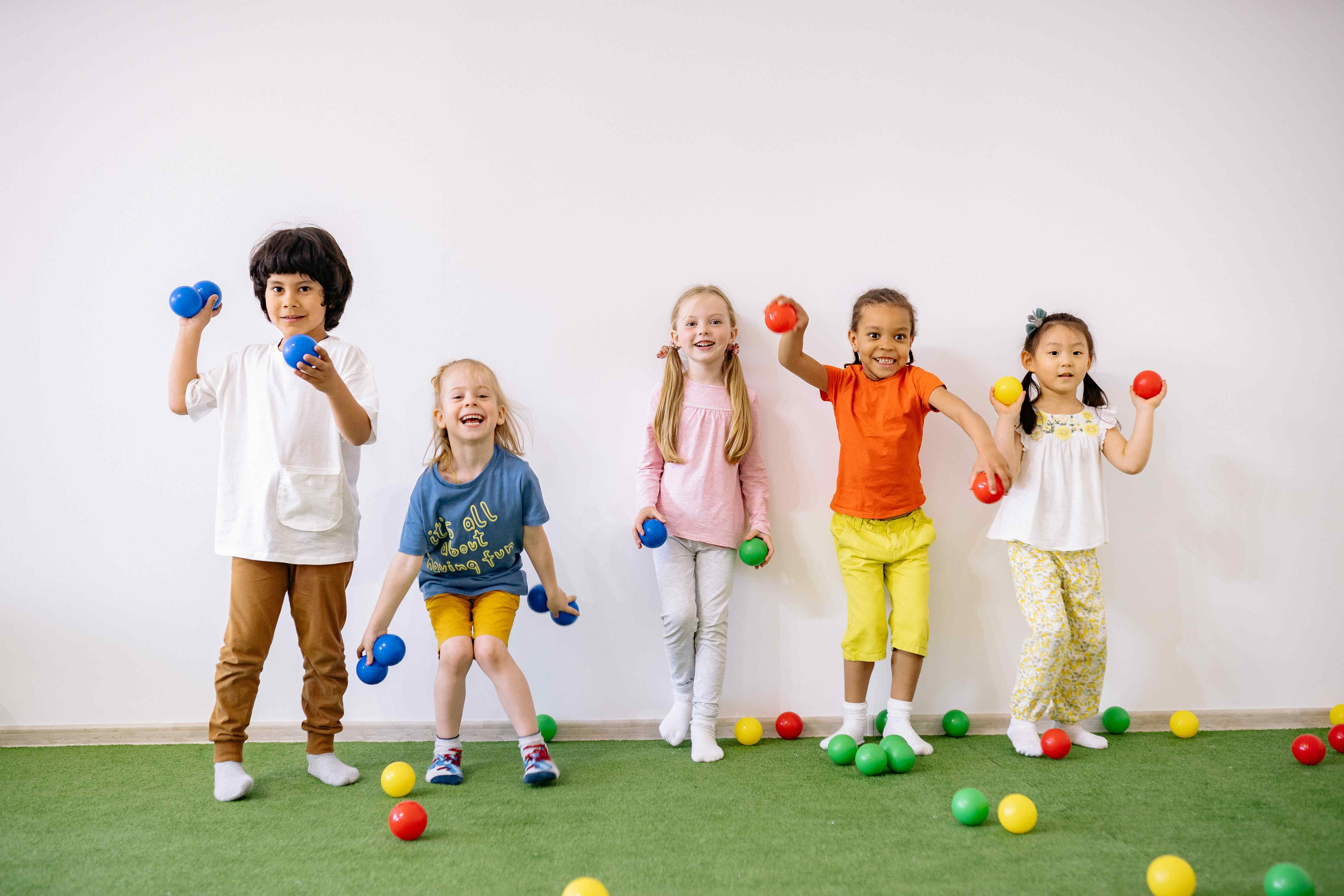
At our clinic, we offer specialized Play Therapy services designed to support the emotional, social, and cognitive development of children. Play Therapy is a child-centered approach that uses the natural medium of play to help children express their feelings, process experiences, and develop coping skills in a safe and nurturing environment.
Our trained therapists use a variety of structured and unstructured play techniques to engage children dealing with behavioral challenges, emotional difficulties, developmental delays, trauma, or communication disorders. Through guided play, children can explore their thoughts, build confidence, improve social interaction, and enhance their problem-solving abilities.
We create personalized therapy plans based on each child's unique needs, ensuring a supportive atmosphere where they feel understood and empowered. Play Therapy not only promotes healing and growth but also strengthens the child-parent relationship and overall well-being.
Whether your child is struggling with anxiety, adjustment issues, or communication challenges, our Play Therapy program provides a powerful and effective path to positive change.
Play Therapy gives children a safe, creative space to express their feelings, process trauma, and develop problem-solving skills through the natural language of play. Guided by a therapist, activities like role-play, art, and games help children communicate nonverbally, reduce anxiety, and build social confidence. This therapy is especially effective for emotional or behavioral concerns in younger children.
Reassure your child that therapy involves play and fun, and they’ll get to spend time with a friendly person who will listen and play together.
Basic emotional control starts developing by age 3–5, though full emotional maturity continues into the teens.
To help children express feelings, reduce anxiety, resolve trauma, and improve behavior through creative play activities.

It is a long established fact that a reader will be distracted by the readable content of a page when looking at its layout.
About UsAll Rights Reserved [Speech In Our Stars]. Website design by Techno Developers Group

